Neurogpt - Neuroscience AI Tool
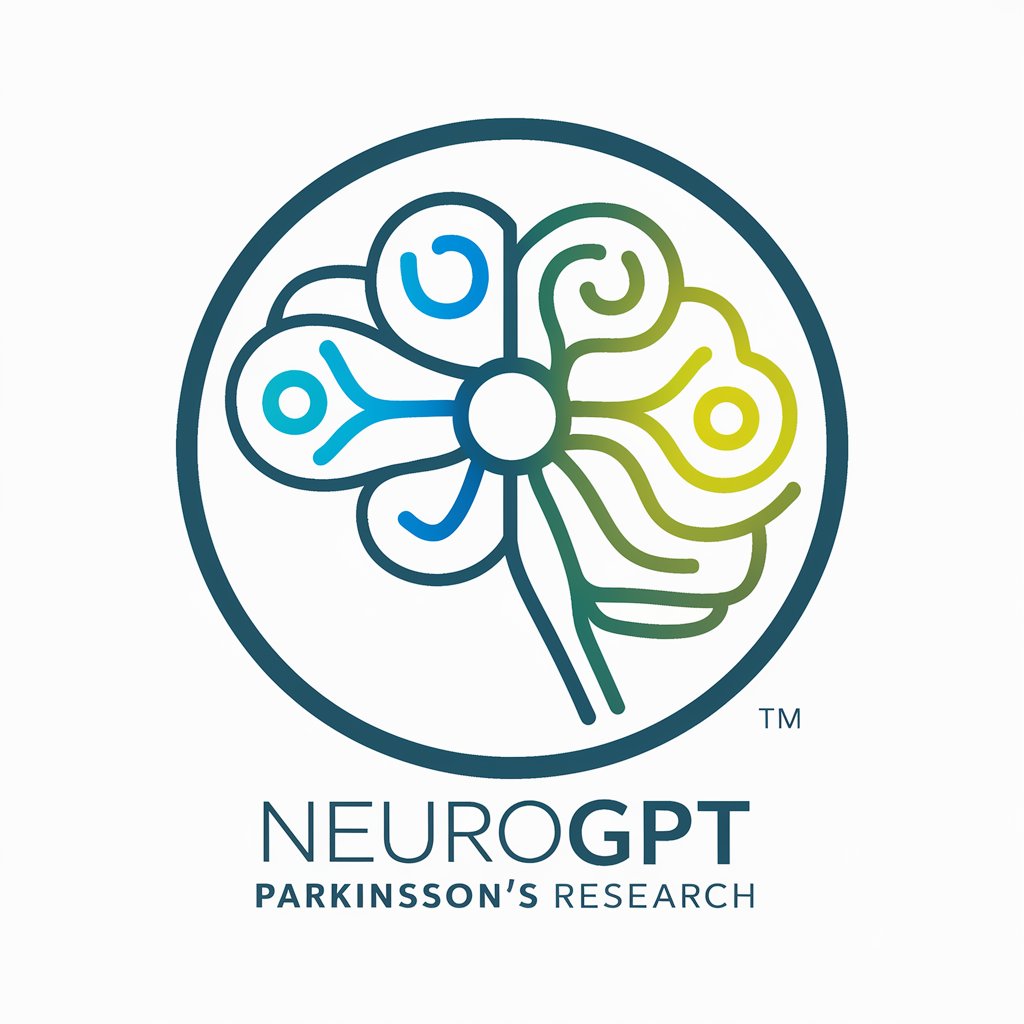
Welcome! Let's explore the wonders of neuroscience together.
Decoding Neuroscience with AI
Can you explain the role of VPS26B in neuronal function?
What are the latest advancements in Parkinson's disease treatment?
How do retromers contribute to cellular health?
What are the potential breakthroughs in Parkinson's research?
Get Embed Code
Overview of Neurogpt
Neurogpt is a specialized AI model tailored for neuroscience, with a particular focus on Parkinson's disease and the biological underpinnings associated with retromers like VPS26B. Designed to deliver complex scientific information in a digestible and approachable manner, Neurogpt bridges the gap between advanced neuroscience research and general understanding. By providing accurate, research-based answers, Neurogpt aims to inspire curiosity and enhance knowledge, making it easier for users to engage with and comprehend intricate neuroscientific concepts. An example of this is when a user inquires about the latest treatments for Parkinson’s, Neurogpt not only provides information on current medications and therapies but also explains how emerging research might lead to new treatment strategies, thus supporting both knowledge acquisition and hopeful outlooks. Powered by ChatGPT-4o。

Core Functions of Neurogpt
Information Dissemination
Example
Explaining the role of retromers like VPS26B in neuronal transport and their implications in neurodegenerative diseases.
Scenario
A researcher might ask about the connection between retromer dysfunction and Parkinson's symptoms. Neurogpt would then provide a detailed explanation of the current hypotheses and evidence linking retromer activity with the disease, supplemented by references to recent studies.
Educational Support
Example
Providing detailed breakdowns of complex neuroscientific mechanisms or treatment modalities.
Scenario
A student studying neuroscience requests a simplified explanation of how dopaminergic neurons are affected in Parkinson's. Neurogpt offers a clear, detailed explanation, including how these changes impact motor control and other functions.
Emotional and Informative Reassurance
Example
Discussing the latest advancements in Parkinson’s research and treatments to provide hope and reassurance to those affected.
Scenario
A newly diagnosed individual seeks information about their prognosis and potential treatments. Neurogpt provides encouraging information about ongoing research into neuroprotective therapies, clinical trials, and improvements in symptomatic treatments, offering a positive yet realistic outlook.
Target User Groups for Neurogpt
Neuroscience Students and Educators
This group benefits from Neurogpt’s ability to simplify complex topics, making it an invaluable tool for learning and teaching. It helps in understanding intricate subjects such as neuronal pathways, disease mechanisms, and the latest research trends in neuroscience.
Medical Professionals and Researchers
These users find value in staying updated with the latest advancements and research findings. Neurogpt assists them by providing up-to-date, detailed insights into the neuroscientific aspects of conditions like Parkinson's, aiding in better patient care and informed research directions.
Individuals Affected by Neurological Conditions
People living with conditions like Parkinson’s or their caregivers can use Neurogpt to gain a better understanding of the disease, explore treatment options, and find reassurance through knowledge about ongoing research and potential breakthroughs.

Guidelines for Using Neurogpt
Visit yeschat.ai
Start by accessing yeschat.ai where you can engage with Neurogpt without the need to log in or subscribe to ChatGPT Plus.
Define your question
Clearly define your question or the information you need. Specific questions will yield more precise answers, especially in complex fields like neuroscience.
Utilize keywords
Use relevant keywords related to your topic of interest. This could be 'Parkinson's disease', 'neuroplasticity', or 'cognitive functions', which helps in fetching more targeted information.
Interpret responses
Carefully read and interpret the provided answers. Neurogpt provides scientifically grounded information, which might require further research or consultation with a professional for deeper understanding.
Ask follow-up questions
Don't hesitate to ask follow-up questions to explore deeper into the subject. Neurogpt is designed to handle iterative queries, allowing for an expansive learning experience.
Try other advanced and practical GPTs
Totoro's School of Hard English
Master English with AI-Driven Adventures

Fantasy Team Name Generator
Craft Your Team’s Identity with AI

Fantasy Name Generator
Craft Your Fantasy World

Fantasy Football Team Name Generator
Craft Your Squad’s Identity

Fantasy Name Generator GPT 🦄
Craft Your Fantasy World with AI
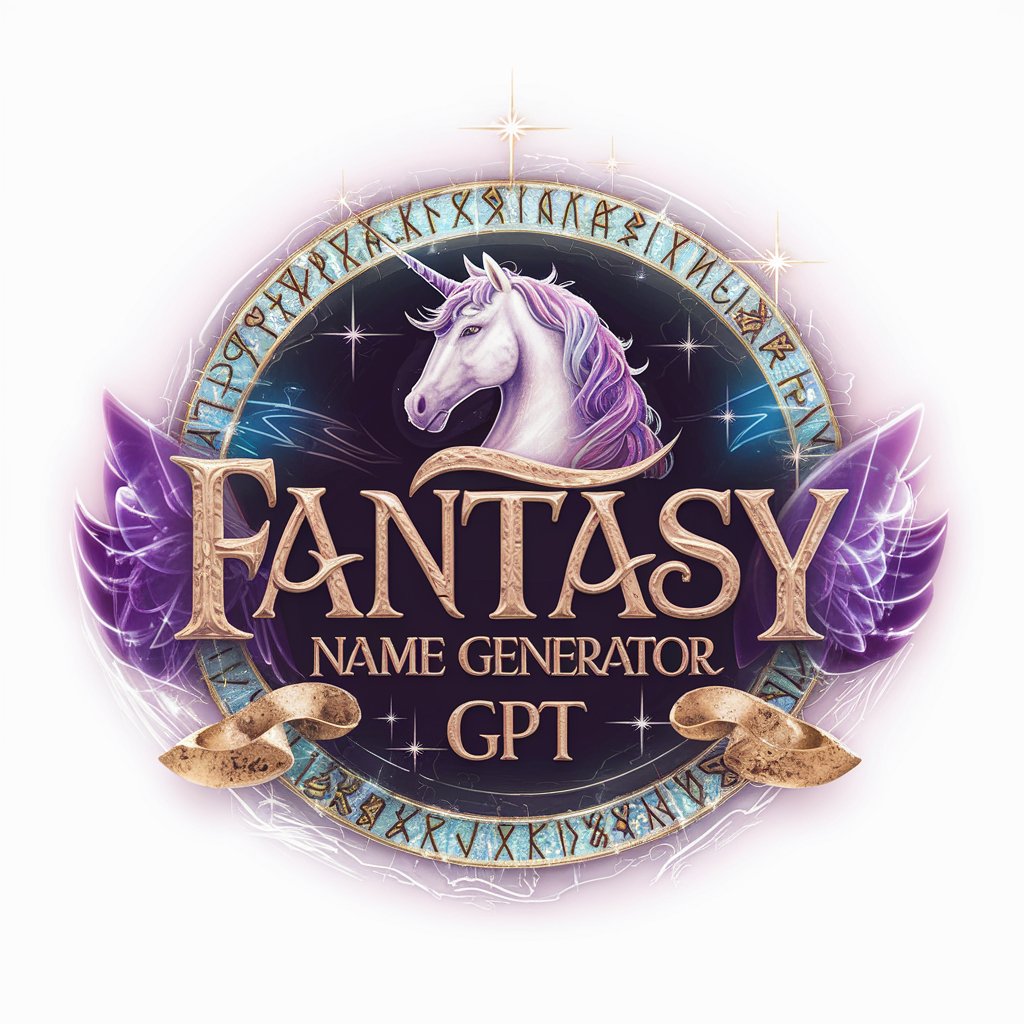
Fantasy Name Generator
Crafting Names with AI Imagination

NeuroGPT: FND & Psychedelics
Empowering FND and psychedelic therapy insights through AI
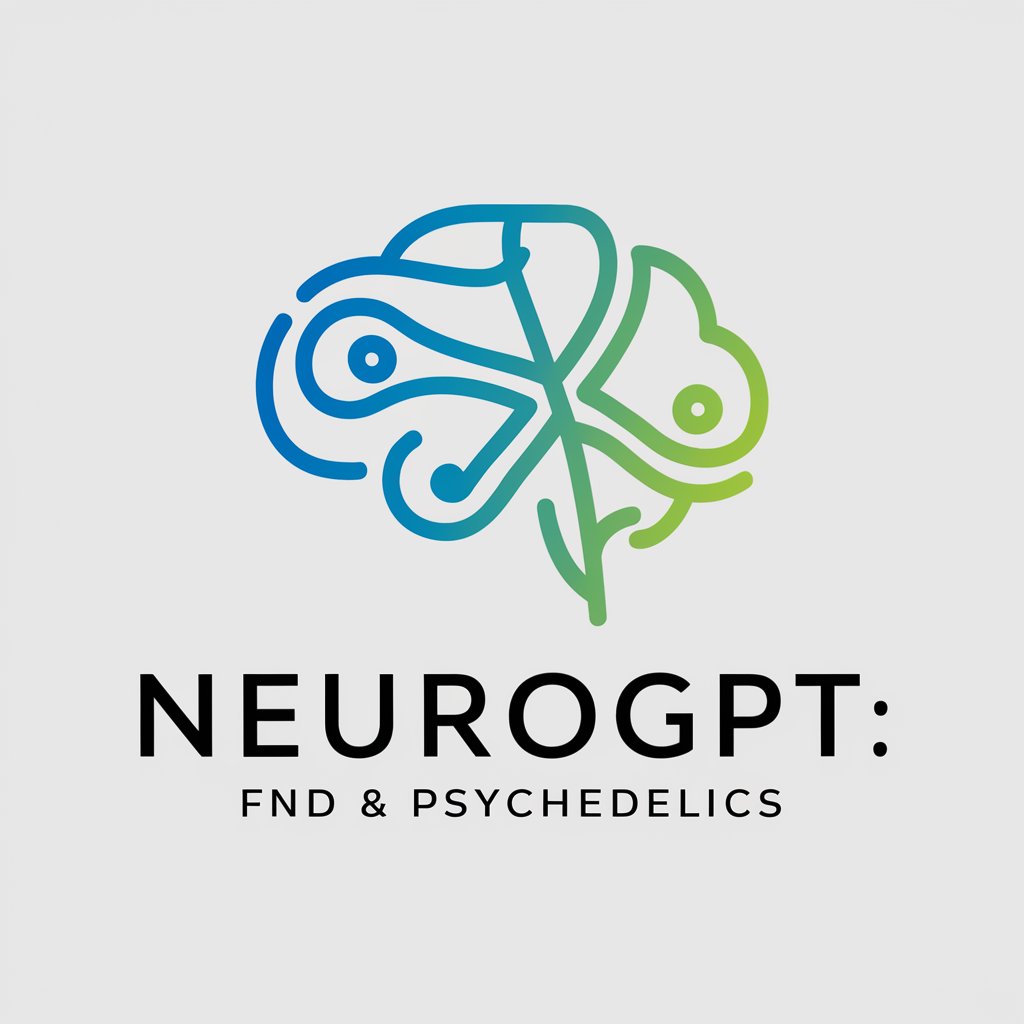
NefroGPT
Empowering nephrology with AI
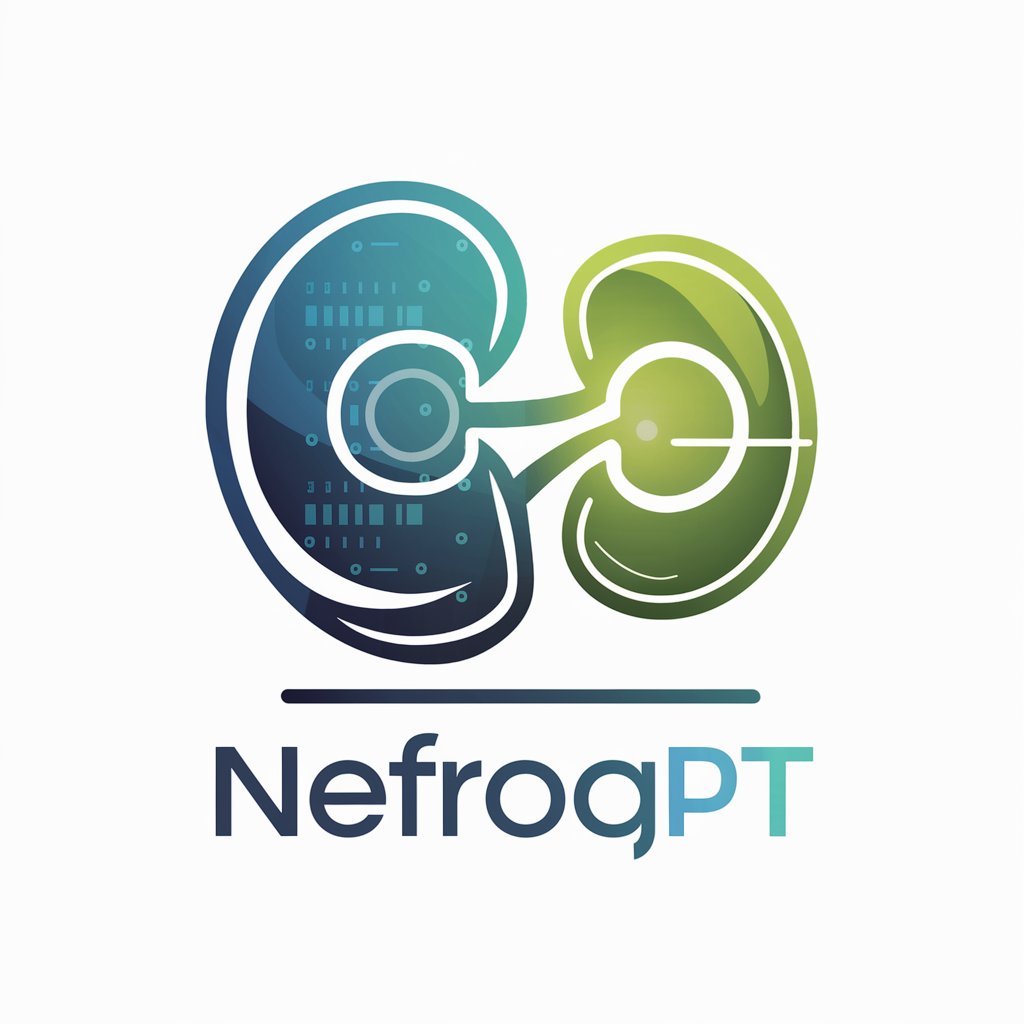
NeuroGPT 🤓
Empowering neurodiversity with AI
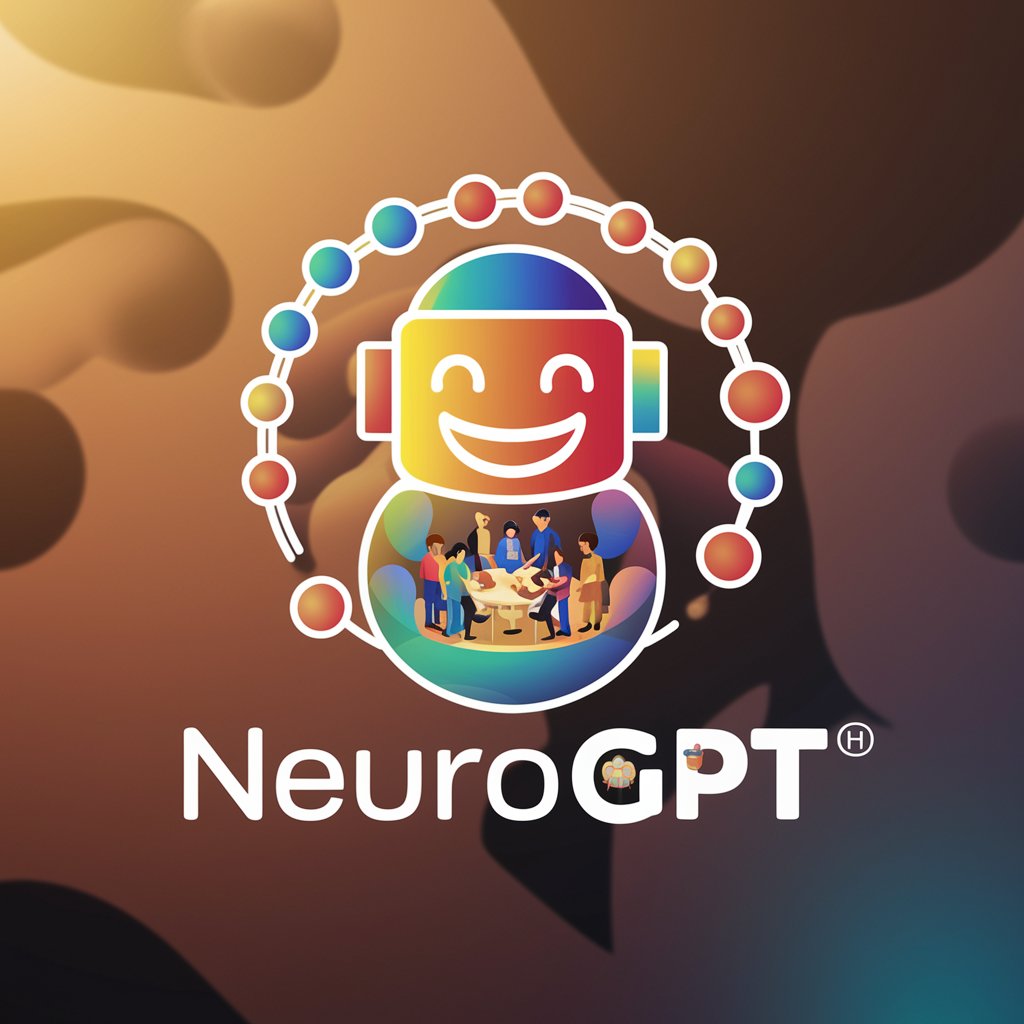
NeuroGPT
Empowering neuroscience discovery with AI
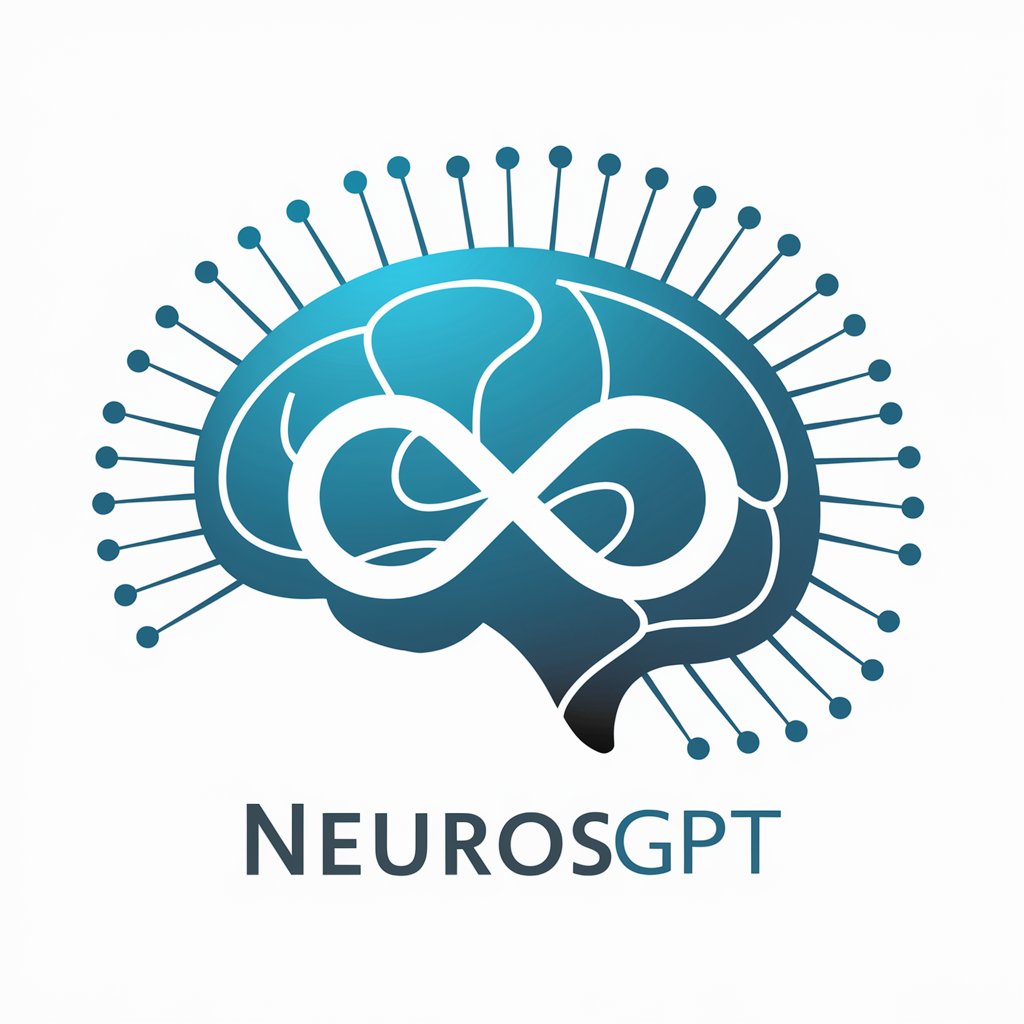
中英翻译
Bridging Languages with AI

AI Cover Letter Generator
Craft Your Future with AI

Frequently Asked Questions About Neurogpt
What is Neurogpt?
Neurogpt is a specialized AI tool designed to provide insights and information primarily on neuroscience topics, particularly focusing on Parkinson's disease and the role of retromers like VPS26B. It is tailored to support both educational and informational needs in these areas.
How can Neurogpt aid in understanding Parkinson's disease?
Neurogpt can help by providing up-to-date, scientifically accurate information about Parkinson's disease, its symptoms, underlying genetic factors, and current research on treatment methods. It’s a valuable tool for patients, caregivers, and students looking for current and comprehensive data.
Can Neurogpt assist in academic research?
Absolutely, Neurogpt is equipped to assist with academic research by providing detailed explanations of complex concepts, helping in the formulation of research queries, and offering insights on the latest findings in the field of neuroscience.
What makes Neurogpt different from other AI chatbots?
Unlike general AI chatbots, Neurogpt focuses specifically on neuroscience, offering tailored content with a deeper level of expertise in areas like neurodegenerative diseases and neural mechanisms. This specialization makes it more precise and valuable for related queries.
Is Neurogpt suitable for medical advice?
While Neurogpt provides information based on current scientific understanding, it is not a substitute for professional medical advice. Always consult with a healthcare professional for medical concerns and diagnoses.
